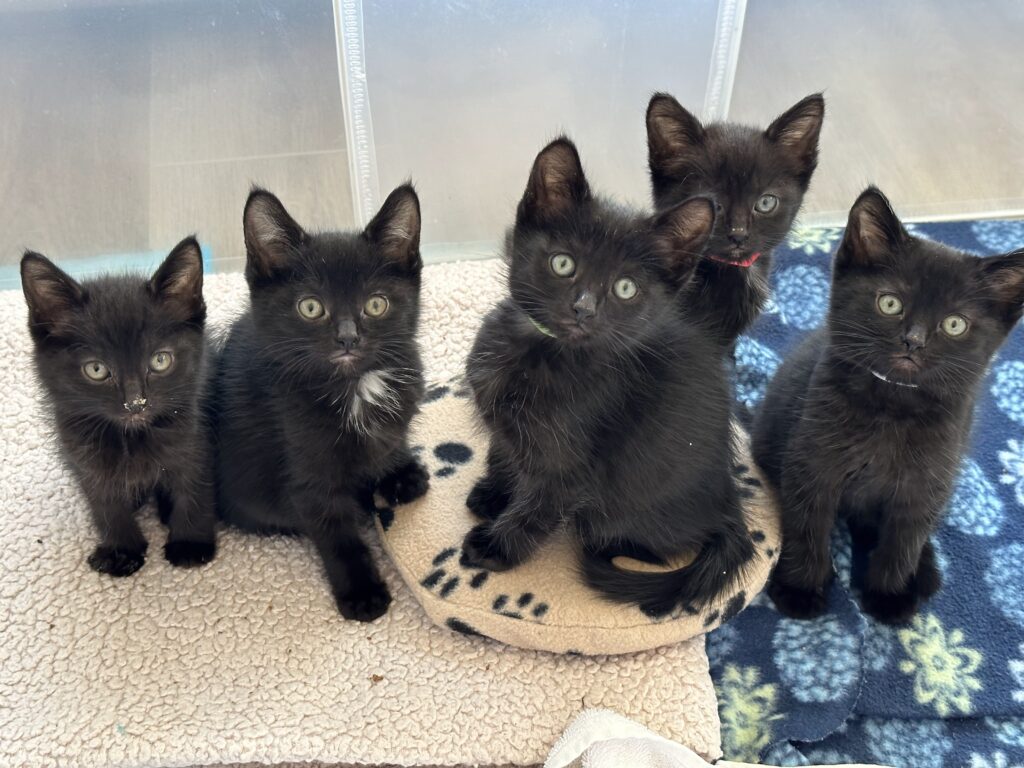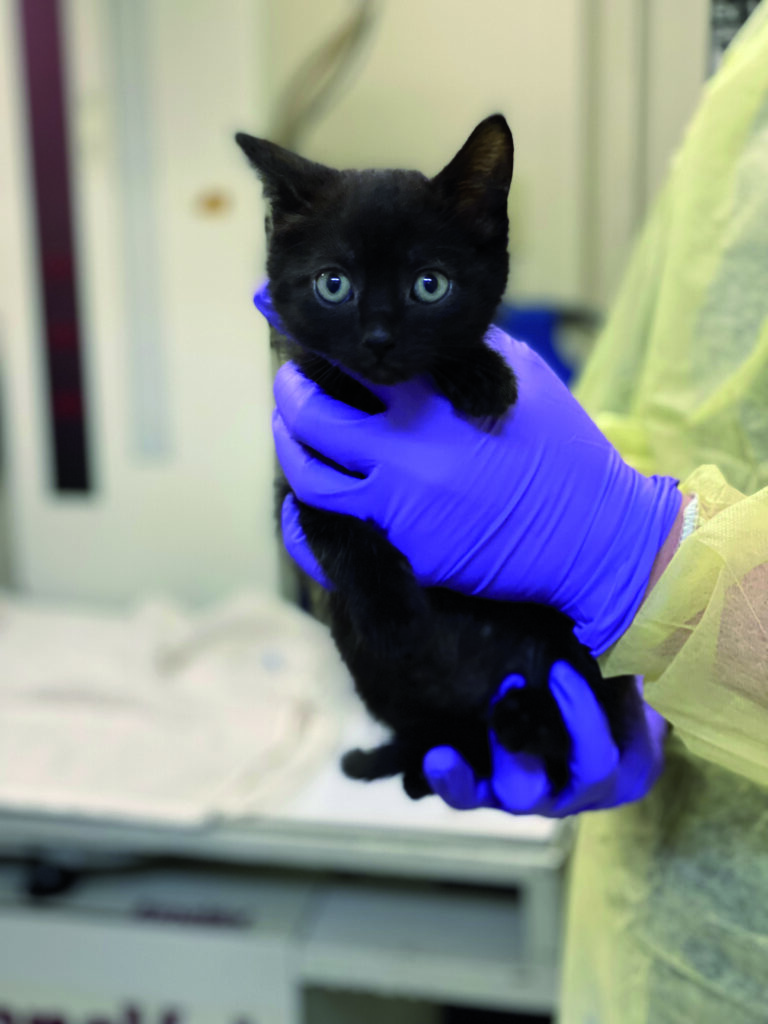There are few things that warm your heart faster than seeing a pile of ten four-week-old black kittens all snuggled together. Twenty eyes staring back at you from tiny balls of fur making the smallest meows is one of the most adorable things you will ever experience.
And then the unspeakable happens when only a short time later you learn that they have been diagnosed with panleukopenia and your joy turns to fear and dread.
Feline panleukopenia (FP) is a highly contagious viral disease in cats caused by the
feline parvovirus. Kittens are most severely affected by the virus. It is most commonly seen in cats 3-5 months of age and often results in death.
Because the FP virus is everywhere in the environment, virtually all kittens and cats are exposed to the virus at some point in their lives. While cats of any age may be infected, young kittens, sick cats, and unvaccinated cats are most susceptible. The virus can be found in all parts of the United States and most countries of the world. During the warm months, urban areas are likely to see outbreaks.

This litter of ten kittens came to Berkeley Humane in January of 2023 from a hoarding situation, which means they were born in unsanitary conditions and likely exposed to the virus at birth. While at first the litter seemed healthy, all of a sudden several of the kittens developed diarrhea and stopped eating.
Our medical team immediately intervened but for two of the kittens their bodies were just too small. Their tiny immune systems could no longer fight off the virus and they passed away. While deeply saddened by this tragic loss, we were determined to do everything possible to save the others. This was to be no small task due to an expected 90% mortality rate for kittens with panleukopenia.
Our medical team focused on an aggressive course of action which included strict isolation protocols, providing nutrients, fighting dehydration, and antibiotics which do not kill the virus but can help prevent secondary infections.
It took several weeks with constant monitoring and care, but the other kittens survived and are now thriving — thanks to you and the resources you provide, these kittens beat the odds. Every spring, we care for hundreds of orphaned kittens who would not survive on their own. We expect to continue to see increases in the number of vulnerable animals as our weather patterns change and kitten season gets longer each year. Your ongoing support provides the special formula, medical care, and supplies that these tiny kittens urgently need if they are going to make it. Thank you for saving lives.











